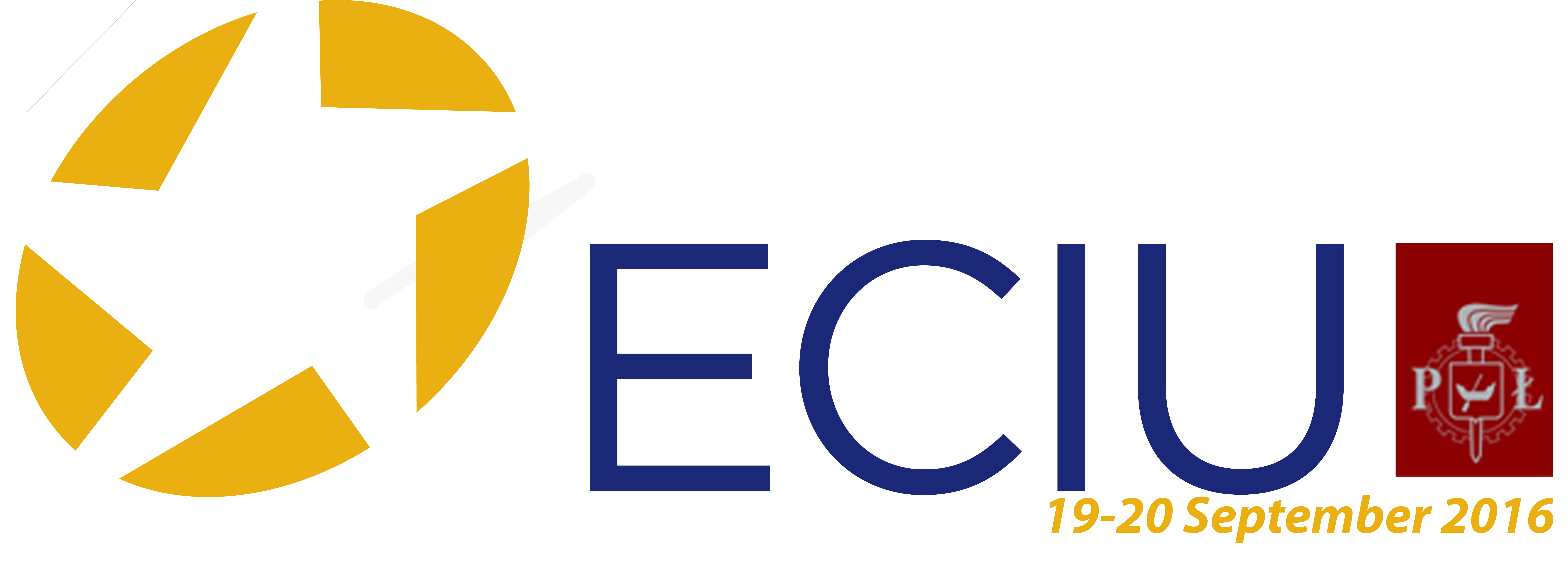Welcome to ECIU Masterclass!
This year Lodz University of Technology (TUL) is hosting ECIU Masterclass on Entrepreneurial Teaching and Learning for outstanding educators, entitled “Design Thinking and Problem Based Learning as an innovative learning strategy”.
Masterclass is an opportunity to discuss innovative teaching and learning methods. Participants from each ECIU institution are asked to share their teaching experiences and best practices and to actively engage in workshops and in the panel discussion. The seminar provides an opportunity to meet together with colleagues and to listen, discuss, comment and interact and finally to find common research interests.
Recognized experts on the topic will participate in the Masterclasses to share ideas and to discuss future developments and challenges with other participants.
Keynote speeches will be streamed live:
See available presentations here:
| Name | Size | Hits |
|---|---|---|
| Name | Size | Hits |
| ECIU LODZ 2016 DTatTUL DBociaga | 7.5 MiB | 453 |
| ECIU Lodz Presentation Molly Wilson | 5.6 MiB | 617 |
| ECIU-TSW 09-2016 | 234.4 KiB | 330 |
| EDU Lab Presentation Ed | 3.0 MiB | 587 |
| Ketil-Knutsen-presentation | 77.5 KiB | 728 |
| Lodz 2016 - PBL As A Challenge And Opportunity For Interdisciplinarity - Diana Stentoft | 878.1 KiB | 434 |
| PBL UA Margarida Fardilha | 1.1 MiB | 417 |
| Presentatie TOM 160916 | 8.6 MiB | 827 |
Keynote Speakers and Participants
Molly Wilson
Keynote Speaker
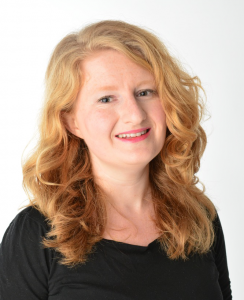 Molly Wilson is the program manager of the Advanced Track at the Hasso-Plattner-Institut School of Design Thinking in Potsdam, Germany. Before moving to Germany, Molly lived in San Francisco, California, working as a fellow and lecturer at the Stanford d.school and a digital user experience designer at Sliced Bread Design. She holds a MA in Learning, Design, and Technology from Stanford University and a BA in History of Science from Harvard University. In her spare time, she enjoys reading about the intersection of technology and society, drawing, writing, and learning German.
Molly Wilson is the program manager of the Advanced Track at the Hasso-Plattner-Institut School of Design Thinking in Potsdam, Germany. Before moving to Germany, Molly lived in San Francisco, California, working as a fellow and lecturer at the Stanford d.school and a digital user experience designer at Sliced Bread Design. She holds a MA in Learning, Design, and Technology from Stanford University and a BA in History of Science from Harvard University. In her spare time, she enjoys reading about the intersection of technology and society, drawing, writing, and learning German.
Diana Stentoft
Keynote Speaker
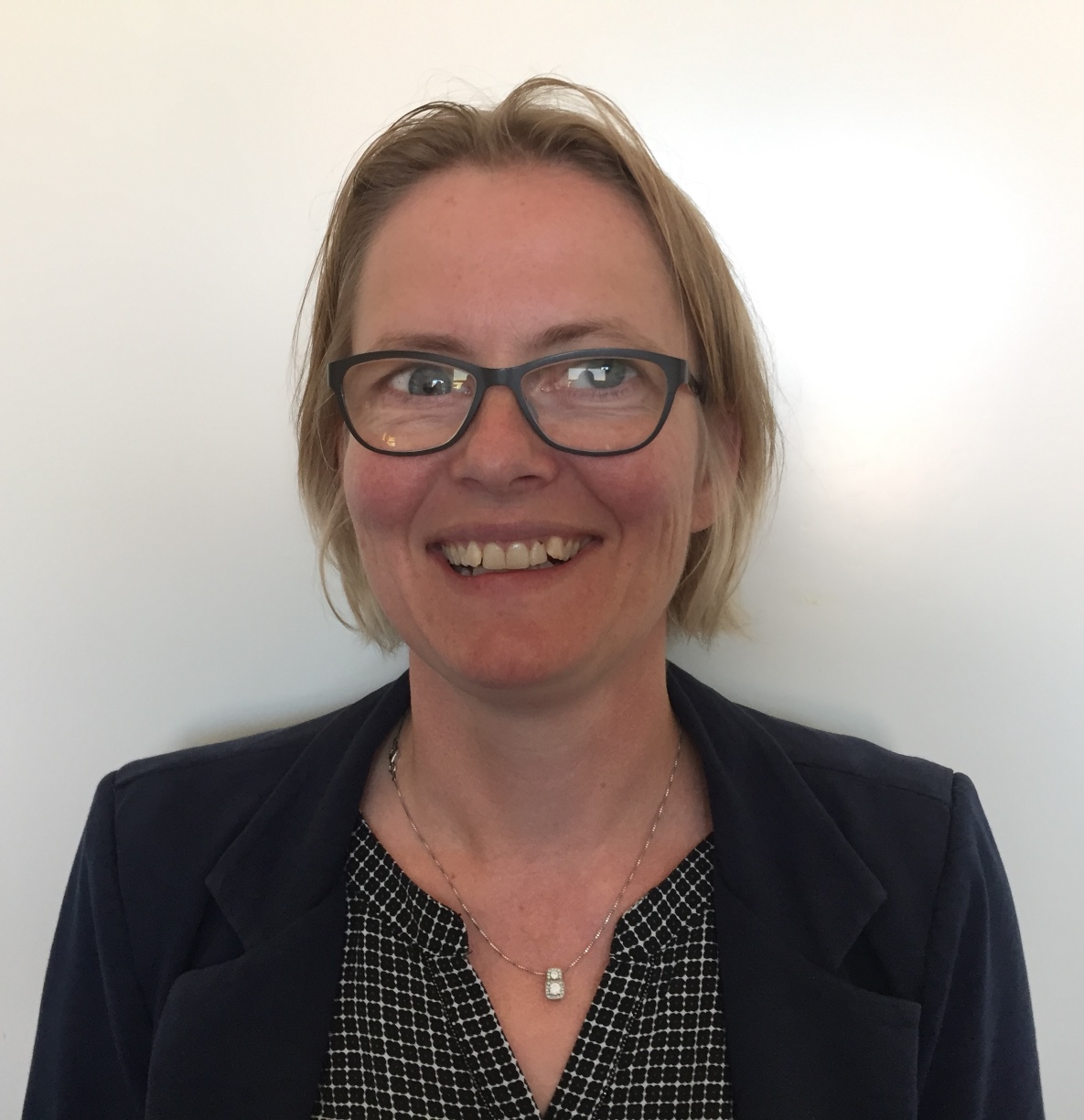 Diana Stentoft, PhD is associate professor in Higher Education and leader of Centre for Health Science Education and Problem-based learning at Aalborg University. She was also part of the initiating group resulting in Aalborg University PBL Academy. Her research is focused on implementations of PBL into diverse curricula and the exploration of underlying assumptions of the problem-based approach to learning in higher education. Diana has been teaching and supervising in PBL and the health sciences for several years.
Diana Stentoft, PhD is associate professor in Higher Education and leader of Centre for Health Science Education and Problem-based learning at Aalborg University. She was also part of the initiating group resulting in Aalborg University PBL Academy. Her research is focused on implementations of PBL into diverse curricula and the exploration of underlying assumptions of the problem-based approach to learning in higher education. Diana has been teaching and supervising in PBL and the health sciences for several years.
Dorota Bociąga
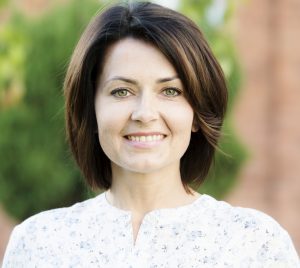 Dorota Bociąga is an initiator and creator of the Design Thinking Workspace (DT4U) at Lodz University of Technology. Knowledge and first experiences in the design thinking area she reached in Hasso Plattner Institute of Design at Stanford. Since 2012 she develops her skills in the dt area carring on project at the university (on the first and second level of study cycle), doing workshops, trainings and joining the dt with PBL (problem/project based learning) projects. Currently she leads the international project DiamonDT – „Development of Innovative AcadeMy ON the basis of DT teaching” created by DT4U Team. The main scope of the this Project is the creation of European standard for novel education path which consists of the design thinking, problem and work based learning where learning is realizing “by doing” and student solve problems coming from business (http://diamondt.eu). As an certified trainer she specializes at trainings in project management, design thinking methodology, R&D projects’ results implementation, certification of medical devices. Apart from dt, she deals with biomedical engineering both didactic and scientific working as a lecturer of the Lodz University of Technology. In this area she is an author of articles, co-author of patents and implementations (www.researchgate.net/profile/Dorota_Bociaga).
Dorota Bociąga is an initiator and creator of the Design Thinking Workspace (DT4U) at Lodz University of Technology. Knowledge and first experiences in the design thinking area she reached in Hasso Plattner Institute of Design at Stanford. Since 2012 she develops her skills in the dt area carring on project at the university (on the first and second level of study cycle), doing workshops, trainings and joining the dt with PBL (problem/project based learning) projects. Currently she leads the international project DiamonDT – „Development of Innovative AcadeMy ON the basis of DT teaching” created by DT4U Team. The main scope of the this Project is the creation of European standard for novel education path which consists of the design thinking, problem and work based learning where learning is realizing “by doing” and student solve problems coming from business (http://diamondt.eu). As an certified trainer she specializes at trainings in project management, design thinking methodology, R&D projects’ results implementation, certification of medical devices. Apart from dt, she deals with biomedical engineering both didactic and scientific working as a lecturer of the Lodz University of Technology. In this area she is an author of articles, co-author of patents and implementations (www.researchgate.net/profile/Dorota_Bociaga).
Coach – with passion, certified – with a sense of need for continuous self-development and relying on facts and data experience. Idealist – with believe in people, strategist and activist – with nature. In people strongly values initiative, ability to forging dreams into reality and firmness of purpose – above all.
More information: pl.linkedin.com/in/dorota-bociaga
Andrzej Romanowski
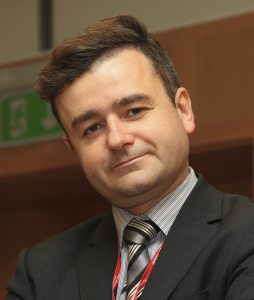
Audra Daubarienė
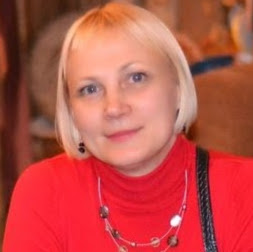 Audra is an English language lecturer at the Department of Modern Languages and Intercultural Communication, Kaunas University of Technology. She has been teaching for more than twenty years, and also, she has got extensive administrative work experience. Currently, Audra is involved in the activities of Faculty Development Center Edu_Lab in the role of teacher trainer and she is interested in learning new teaching methods.
Audra is an English language lecturer at the Department of Modern Languages and Intercultural Communication, Kaunas University of Technology. She has been teaching for more than twenty years, and also, she has got extensive administrative work experience. Currently, Audra is involved in the activities of Faculty Development Center Edu_Lab in the role of teacher trainer and she is interested in learning new teaching methods.
Jurgita Barynienė
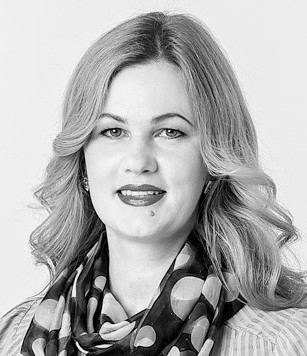
Jurgita is a Faculty development coordinator at EDU_Lab, Kaunas University of Technology. Jurgita is teacher trainer and provides consultations on course (re)design, teaching and evaluation process and supports universities teachers on didactic questions. Also she has worked as senior lecturer in Institute of Europe for 10 years. She delivers modules related with European Union issues.
Asta Daunorienė
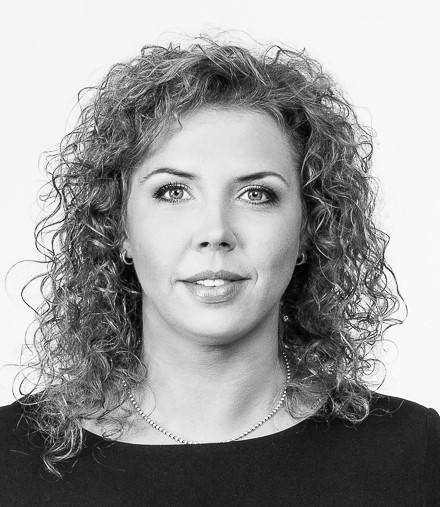 Asta is head of Faculty Development Center EDU_Lab, Kaunas University of Technology. Main responsibilities are to organize training for university teachers and to develop new teacher training programs. She is also involved in teacher training processes. Asta has experience as a senior lecturer at the School of Economics and Business at Kaunas University of Technology. She delivers modules related with quality management and value chain design.
Asta is head of Faculty Development Center EDU_Lab, Kaunas University of Technology. Main responsibilities are to organize training for university teachers and to develop new teacher training programs. She is also involved in teacher training processes. Asta has experience as a senior lecturer at the School of Economics and Business at Kaunas University of Technology. She delivers modules related with quality management and value chain design.
Ketil Knutsen
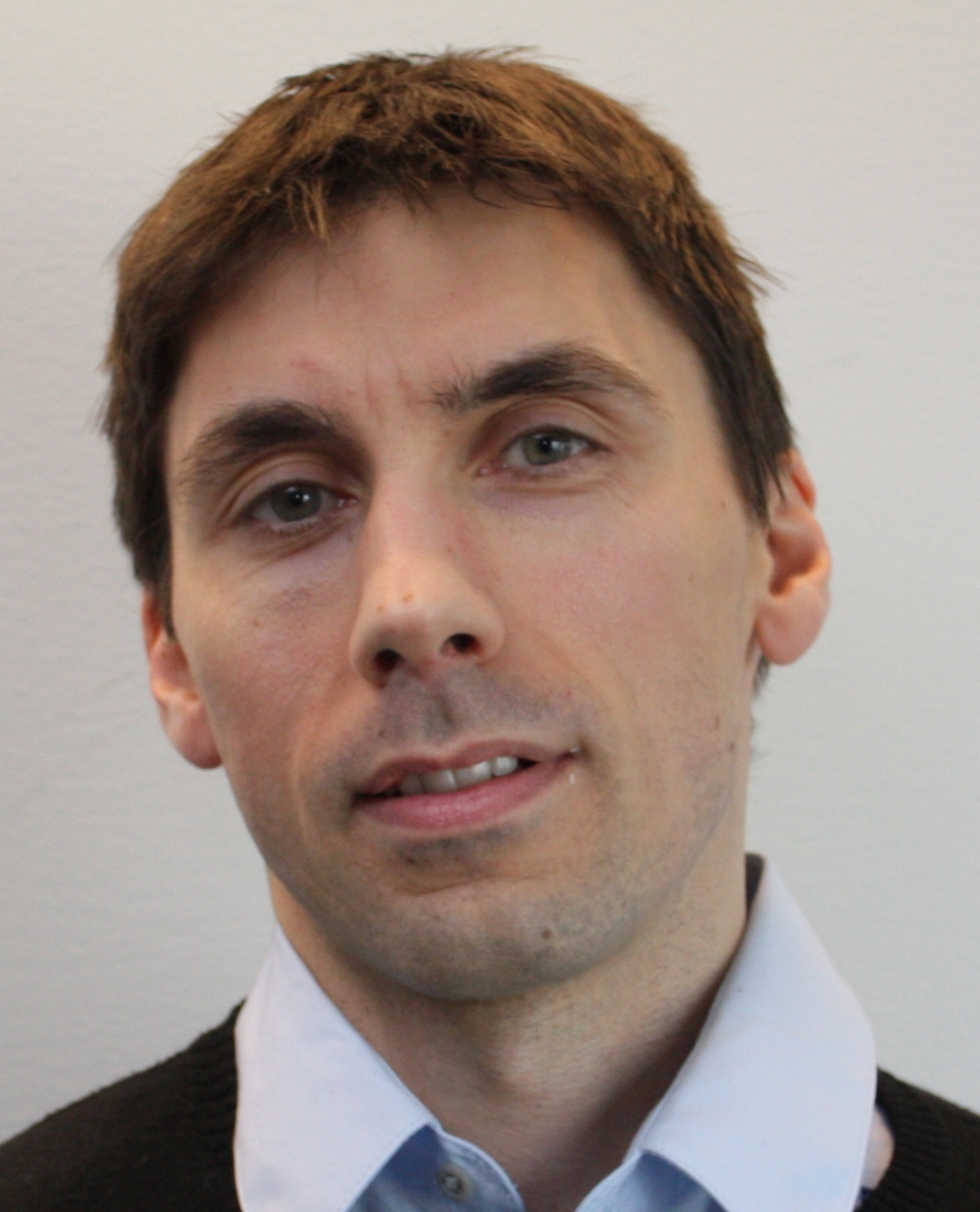 Ketil Knutsen is Dr. phil. and Associate Professor in history and history didactics at the University of Stavanger’s Faculty of Arts and Education. Since 2015 he has been the programme head of the secondary teacher education programme at the University of Stavanger, Norway. His teaching and research activities include the history didactics of schools, public and political use of history, digital history and theory and method. His latest article is “A history didactic experiment: the TV series Anno in a dramatist perspective”(2016). He is currently working on to research projects; 1) The history didactics of educational web pages and 2) Studying history performance with Kenneth Burke’s dramatism.
Ketil Knutsen is Dr. phil. and Associate Professor in history and history didactics at the University of Stavanger’s Faculty of Arts and Education. Since 2015 he has been the programme head of the secondary teacher education programme at the University of Stavanger, Norway. His teaching and research activities include the history didactics of schools, public and political use of history, digital history and theory and method. His latest article is “A history didactic experiment: the TV series Anno in a dramatist perspective”(2016). He is currently working on to research projects; 1) The history didactics of educational web pages and 2) Studying history performance with Kenneth Burke’s dramatism.
Lisa Gommer
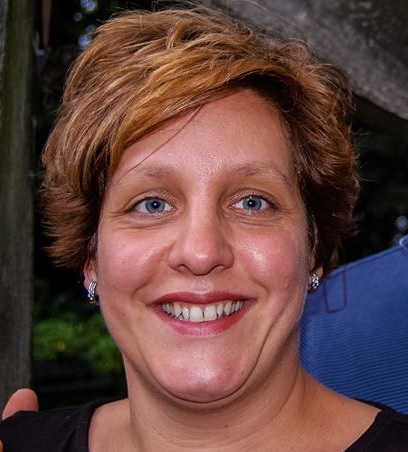 My name is Lisa Gommer. I studied Educational Technology at the University of Twente (The Netherlands) and graduated in 1998. Right now, I still work at this university as an educational advisor and lecturer in academic and professional skills in the department of Engineering Technology. In the 3rd year of the bachelor, I teach academic research and skills (the bachelor thesis project). When I started to teach this course, I redesigned it based on motivational theory and active learning methods.
My name is Lisa Gommer. I studied Educational Technology at the University of Twente (The Netherlands) and graduated in 1998. Right now, I still work at this university as an educational advisor and lecturer in academic and professional skills in the department of Engineering Technology. In the 3rd year of the bachelor, I teach academic research and skills (the bachelor thesis project). When I started to teach this course, I redesigned it based on motivational theory and active learning methods.
Besides my work as educational advisor and teacher, I am also coordinator at 3TU.CEE (https://www.3tu.nl/cee), a centre of expertise on engineering education. My research topics are curriculum redesign and student engagement.
Event Programme
19th September
CTI – Information Technology Center
On-line streaming available at CTI
– 09:00 Registration
– 09:30 Welcome, ECIU Board Member, His Magnificence Rector of TUL, Prof. Sławomir Wiak
– 09:45 Opening Session, Director of the International Faculty of Engineering, Tomasz Saryusz-Wolski PhD MSc
“Learning and innovation – what does it mean at the university”
– 10:15 KEYNOTE SPEAKER 1: Diana Stentoft, Associate Professor, PhD, Centre for Health Science Education and Problem-Based Learning, Aalborg University, Danmark
“PBL as a challenge and opportunity for innovative and interdisciplinary learning”abstract
– 10:45 KEYNOTE SPEAKER 2: Molly Wilson, School of Design Thinking, Hasso-Plattner Institute, Universitaet Potsdam, Germany
“Ingredients for Innovation: Creating the Design Thinking Learning Experience”abstract
– 11:15 CTI Tour
– 12:00 LUNCH at CTI
– 13:00 Sharing Experiences from ECIU Partners (with coffee break)
We kindly remind you that if you wish to present your university structure in the presentation, the maximum number of slides on that topic should not exceed 2.
13:00 Lodz University of Technology, DT – Dorota Bociąga PhD MSc, PBL – Dorota Piotrowska PhD MSc
13:40 Kaunas University of Technology
14:00 University of Stavanger
14:10 University of Twente
14:20 University of Aveiro
– 14:30 Return to the hotel
– 17:30 City Tour and dinner at Gęsi Puch
* The allowed number of slides presenting the university per each ECIU member presentation is 2
20th September
– 9:00 PBL Workshops – IFE
– 11.00 IFE Tour
– 11.30 coffee break (including sandwiches) – Factory of Engineers of XXI century
– 11.45 DT Workshops DT4U – Factory of Engineers of XXI century
– 13.45 Factory of Engineers of XXI century Tour
– 14:15 LUNCH at IFE
– 15:00 Discussion PANEL moderated by Grażyna Budzińska MSc “Summative and formative evaluation methods in problem-based and project-based education” IFE
– 17:00 Closing Summary
– 17:30 Return to the hotel or Individual Meetings with TUL staff
– 19:30 Dinner at Soplicowo
abstract
Dr. Diana Stentoft
“PBL as a challenge and as opportunity for innovative and interdisciplinary learning”
One of the key characteristics often attributed to a problem-based approach to learning in higher education is the opening of possibilities for innovative and interdisciplinary learning processes. Seeking ways of enhancing students’ innovative and interdisciplinary competencies is also one argument often presented when universities around the world make the decision to transform into PBL. This talk will address assumptions about PBL as an educational strategy leading to students developing competencies in innovation and interdisciplinarity further. The talk will highlight some key principles of PBL and discuss these in relation to development of competencies and our expectations towards students and their navigation in their education. Thus some of the questions raised are:
- How does PBL support and challenge students to work across disciplinary boundaries?
- How can supervisors and facilitators support students to deal with disciplinary uncertainties of complex problems?
- How may PBL contribute towards innovation and entrepreneurship in higher education?
The talk is based on research literature on PBL from around the world coupled with solid experiences from Aalborg University, Denmark, where PBL has constituted the educational approach since the establishment in 1974.
abstract
“Ingredients for Innovation: Creating the Design Thinking Learning Experience”
Design thinking gives students a framework for using their knowledge from other fields to create innovative, real-world-ready solutions for a complex world. We teach this collaborative, problem-based, human-centered innovation process at both the HPI D-School in Potsdam and the Stanford d.school, and its spread to other learning institutions has mirrored its uptake in businesses large and small around the world. However, teaching design thinking is not simply handing down a process: in a challenge-based learning environment like ours, our conceptual approach, how we teach is as important as what we teach. The design of our program is what makes it work, and I’ll offer a look at some of the elements, from the way we coach coaches and mentor students, to how we design our studio space, to our process from crafting design challenges to finding new solutions with our project partners.

Venue
For more information about the centers mentioned before please visit the following links:
CTI – Information Technology Center:http://www.cti.p.lodz.pl/en/o-cti
IFE – International Faculty of Engineering:http://www.ife.p.lodz.pl/en/general-information-about-pbl
DT4U – Design Thinking Workspace at Factory of Engineers of the XXI century:http://dt4u.p.lodz.pl/
Members of DT4U are representatives of various faculties of Lodz University of Technology devoted to the introduction of modern ways of education, especially connected with Design Thinking methodology. Due to the effort of that team, students get acquainted with Design Thinking during classes conducted within the regular course program of both first and second cycle of studies, as well as during numerous events and workshops. Within the multinational project DiamonDT, DT4U takes part in the creation of European standard for novel education path where learning is realized “by doing” and students solve problems which are business-related. For more details visit the web page: http://diamondt.eu/
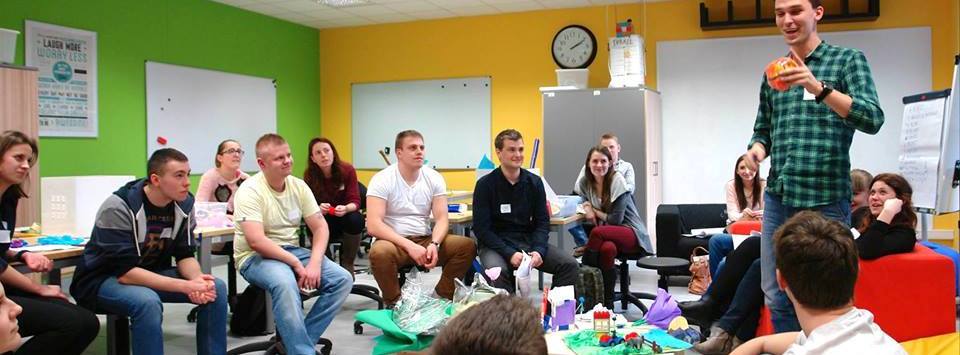
About Lodz
Łódź is the third-largest city in Poland. Located in the central part of the country, it had a population of 742,387 in December 2009. It is the capital of Łódź Voivodeship, and is approximately 135 kilometers (84 mi) South-West of Warsaw. The city’s coat of arms depicts a boat. It alludes to the city’s name which translates literally as the “boat”.
An important industrial center, the city, dubbed the Polish Manchester, has been famous for its textile industry; however, after years of prosperity during the socialist era, the city experienced decline when the communism fell throughout the Central and Eastern Europe. In recent years, Łódź was seemingly forgotten by the government, investors, and travelers in favor for other cities, such as Kraków, Warsaw or Wrocław, but the situation is changing now in favour of the city.
About TUL
Lodz University of Technology is a well-established higher education institution with an evolved structure. Prospective students have nine faculties to choose from as well as many additional units which enable interdisciplinary studies, provide study support, foreign language instruction, entertainment and sports.
TUL is the fourth best university of technology in Poland according to the 2014 Perspektywy magazine university ranking.
In 2009, TUL was the first university in Poland to be awarded the prestigious ECTS Label Certificate by the European Commission. In 2013, not only was the University once again recognized with the ECTS Label, this time for the years 2013 – 2016, but was also awarded the Diploma Supplement Label.
More than 2000 students have graduated from programs offered in foreign languages. TUL is the only university in Poland with such a wide range of programs in foreign languages offered at its International Faculty of Engineering. On top of that, selected courses are taught in English at each of TUL’s faculties.
Every year, several hundred of our students – the highest number of all technical universities in Poland – participate in exchanges at universities abroad – which was acknowledged by the National Erasmus Agency in Poland by awarding the University with the title of “Mobility Friendly University”.
More than 30 percent of the entire summer student placement exchange is carried out within the IAESTE program, which means that TUL receives and sends out the highest number of students to complete their placements abroad. TUL is also one of two Polish universities participating in the Campus Europae student exchange network.
Contact
Conference mail: eciumasterclass@info.p.lodz.pl
International Relations Office
Skorupki 10/12, r. 105, 90-924 Lodz, Poland
Phone: (+48 42) 631 20 80/81 or (+48 42) 631 28 80
Fax: (+48 42) 636 50 14
E-mail: joanna.stawicka@p.lodz.pl (link sends e-mail)
agnieszka.roganowicz@p.lodz.pl(link sends e-mail)
Rector’s Office
Skorupki 6/8, 90-924 Lodz, Poland
tel. (+48 42) 631 20 01, 631 20 02
fax (+48 42) 636 85 22
International Student Exchange Office
(Erasmus students and foreign students application procedure)
Skorupki 10/12, 90-924 Lodz, Poland
Phone/fax (+48 42) 631 21 37/28 57
E-mail: malgorzata.swit@p.lodz.pl (link sends e-mail)
foreignstudents@info.p.lodz.pl (link sends e-mail)
International Faculty of Engineering
Zwirki 36, 90-924 Lodz, Poland
Phone: (+48 42) 636 53 08, (+48 42) 631 32 50
Fax: (+48 42) 636 06 52
E-mail: admin@ife.p.lodz.pl (link sends e-mail)
www.ife.p.lodz.pl
How to get there?
- Arrival from Chopin airport to Łódź:
- Take the ModlinBus, which connects you directly from the airport to Łódź Kaliska station (more info.: www.modlinbus.com).
- Take the train (SKM) to Warszawa Centralna (Warsaw Train Station) and change to PKP train to Łódź Kaliska station (more info.: http://rozklad-pkp.pl).
- Arrival from Modlin airport to Łódź:
- Take the ModlinBus, which connects you directly from the airport to Łódź Kaliska station (more info.: www.modlinbus.com).
- Take the ModlinBus to Pałac Kultury i Nauki (Palace of Culture and Science), walk to Warszawa Centralna (Warsaw Train Station) and take the train to Łódź Kaliska station .
- Arrival from Łódź airport to Holiday Inn hotel:
- Take the bus number 55, get down at Brzeźna – Piotrkowska station and walk to Holiday Inn. (Once getting down in the bus station walk back in Brzeźna street and turn left to Piotrkowska).
- From Łódź Kaliska to Holiday Inn hotel:
- Walk to Bandurskiego – Dworzec Łódź – Kaliska tram station and take tram number 8, 10 or 14 to Piotrkowska Centrum. Walk to Piotrkowska 229/231 or take tram number 2, 3, 6, 16 or 16A to Piotrkowska – Brzeźna tram station and walk straightforward to the hotel.
- From Holiday Inn to Information Technology Centre/Centrum Technologii Informatycznych CTI
217/223 Wolczanska street, 90-924 Lodz building B-19
- From Holiday Inn to International Faculty of Engineering and Design Thinking Workspace at Factory of Engineers of the XXI century
1/15 Stefanowskiego street, 90-924 Lodz, building A18
Register
5. Upload presentation
Upload your presentation file here:
|
|
|
|
|
|
